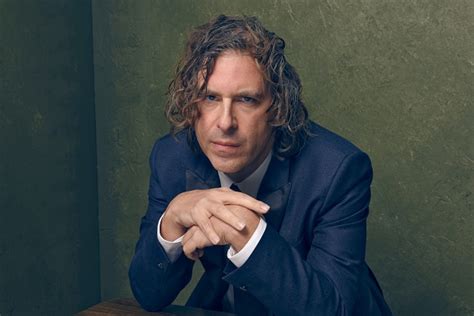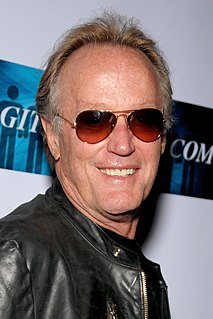A Quote by Sebastian Faulks
My parents' generation didn't have any understanding of psychology or emotion or individual temperament. In fact, they were slightly embarrassed by all those words.
Related Quotes
With this book in my hands, reading aloud to my friends, questioning them, explaining to them, I was made clearly to understand that I had no friends, that I was alone in the world. Because in not understanding the meaning of the words, neither I nor my friends, one thing became very clear and that was that there were ways of not understanding and that the difference between the non-understanding of one individual and the non-understanding of another created a world of terra firma even more solid than differences of understanding.
My generation those who were students in the late 60s was always, in the words of the Who, talking about our generation. That's what we thought of ourselves, as the most important thing since sliced bread. And the "we" that we meant was really the Western Europeans and American generation. And as I think back I suppose I have a sense of guilt on behalf of my generation, a sense that we were terribly provincial and didn't understand the really important stuff that was going on in Eastern Europe.
But the idols of the Market Place are the most troublesome of all: idols which have crept into the understanding through their alliances with words and names. For men believe that their reason governs words. But words turn and twist the understanding. This it is that has rendered philosophy and the sciences inactive. Words are mostly cut to the common fashion and draw the distinctions which are most obvious to the common understanding. Whenever an understanding of greater acuteness or more diligent observation would alter those lines to suit the true distinctions of nature, words complain.
Parents of handicapped children are occasionally embarrassed or hurt by others who awkwardly express sympathy but cannot know or appreciate the depth of the parents love for a handicapped child. Perhaps there is some comparison in the fact that there is no less love in families for the helpless infant who must be fed, bathed, and diapered than for the older but still dependent members. We love those we serve and who need us.
It became obvious to me that the generation who changed the world were my parents' generation, and not only in terms of the Second World War, but if you look at all the social legislation of the '60s - abortion, homosexual law reform, equal pay - it wasn't done by my generation; it was done by people who were adults.





































